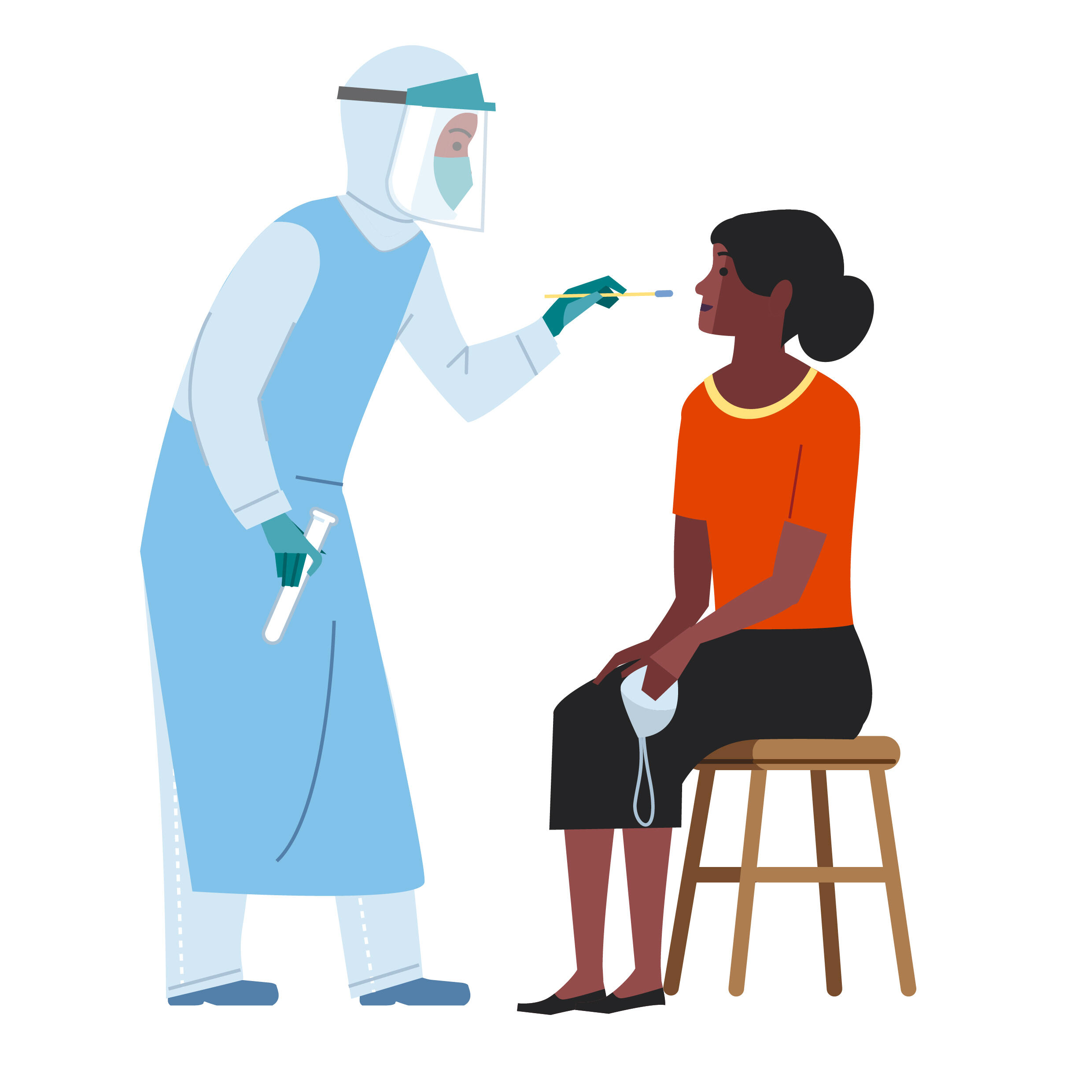
Liverpool School of Tropical Medicine and the University of Liverpool have launched the Liverpool Household COVID-19 Cohort Study, COVID- LIV.
If you are interested in finding out more about the study or would like to volunteer as a participant, please visit here.
LSTM’s Dr Emily Adams, Senior Lecturer in Diagnostics for Infectious Disease, and her team are involved in the COVID-LIV project which aims to explore the impact of SARS-CoV-2 on Liverpool households. We still have a lot to learn about how the virus spreads between people and the impact it has on people’s lives.
The team will investigate the incidence and rate of spread of SARS-CoV-2 in households, what factors control or exacerbate the spread within a household, and the contribution of mild or asymptomatic infections on transmission. In addition, the team will explore the link between the development of an immune response against SARS-CoV-2 and the progression to severe disease. Understanding the immune response will provide vital information to inform the development of better diagnostics but also support vaccine design and where treatments may be used to reduce chances of progression to severe disease.
COVID-LIV is a household survey which means each member of a household, including adults and children, will have regular samples taken from their nose and throat to look for evidence of COVID-19 infection. In addition, blood samples will be taken to look for changes in the immune response. The study will take place over a 12-week period and will involve the completion of surveys alongside this to assess the impact of COVID-19 on the whole household.
Dr Emily Adams said “We are very excited to learn more about the epidemiology of disease in the Merseyside area, which has impacted each and every one of us. The project combines diagnostics, transmission, immunology and social aspects of the disease in the area, and is vital to our learning about COVID-19. If you can – do sign up to become a household!”
The results of the study will contribute to our understanding of how SARS-CoV-2 spreads within households, which may enable the development of better guidelines surrounding isolation and other behavioural interventions to reduce transmission within households. Furthermore, this information could improve the mathematical models used to inform government response to the pandemic.